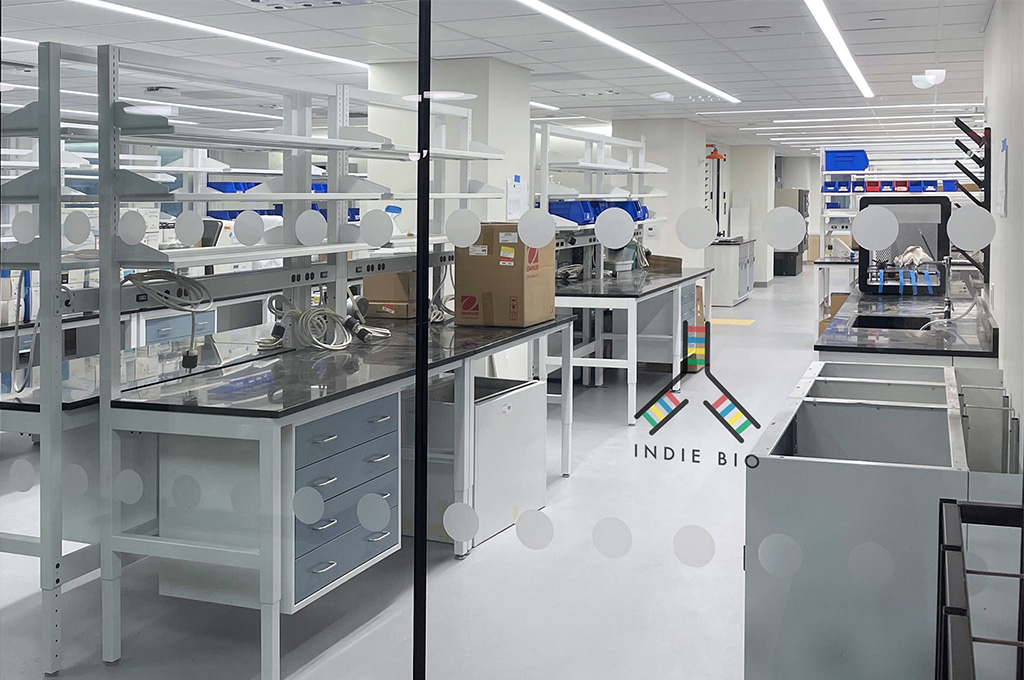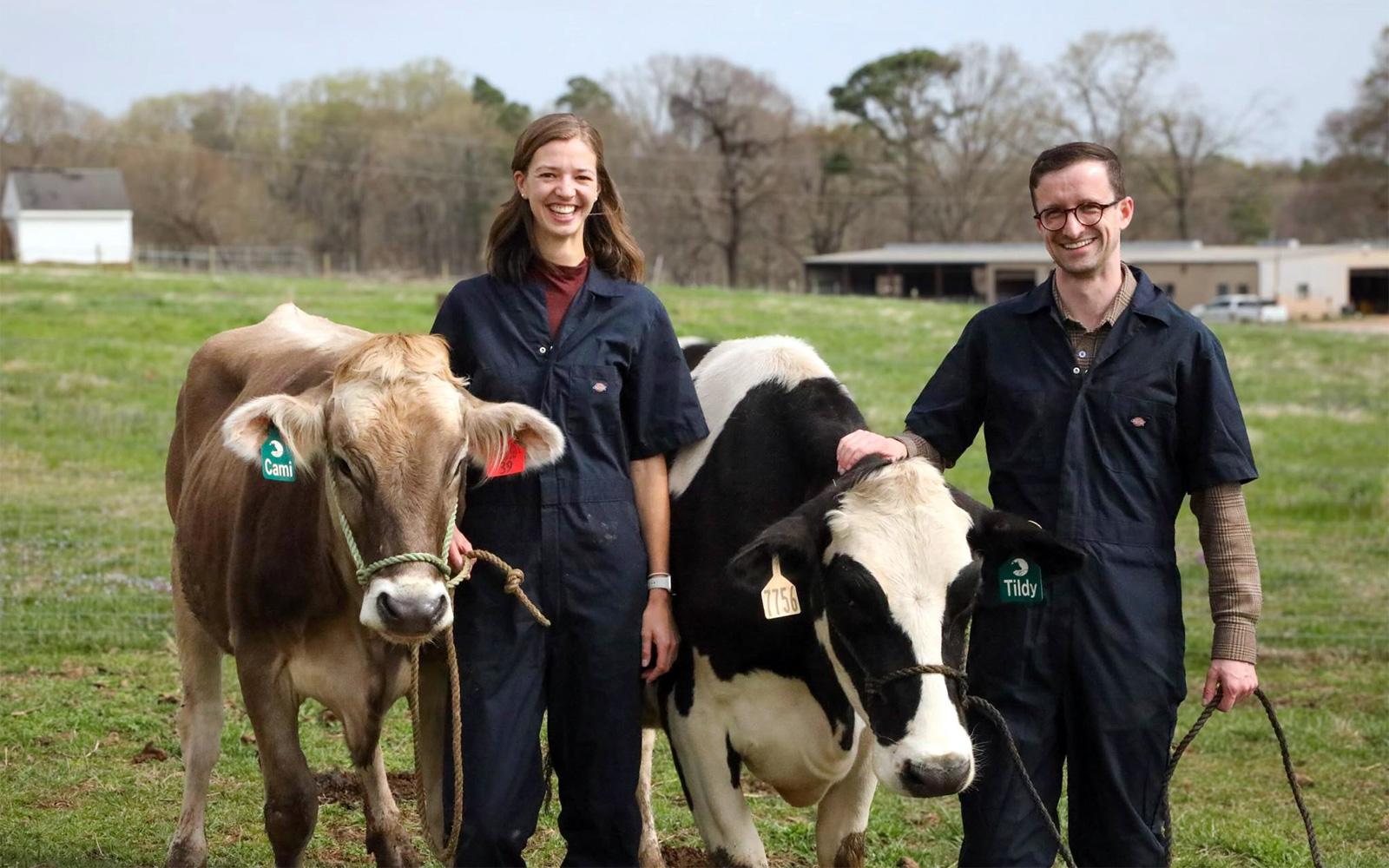
It’s no secret that the agricultural fertilizers and pesticides create major problems in our soil, water systems, animal life, and more. Thankfully there are people who aim to solve this problem, like Fatma Kaplan and Cameron Schiller, who co-founded their company Pheronym in 2012. Pheronym offers nontoxic plant protection in a new way: They are creating pheromones that direct beneficial nematodes—microscopic roundworms that exist abundantly in every ecosystem—towards insects and away from plants, creating an effective insect kill rate without leaving harmful residue on crops. Since nematodes account for 80% of all individual animals on Earth, Pheronym is tapping into a vast resource. The company’s CEO, Fatma Kaplan, explained more about the company’s background:
How did you become interested in biotech?
FK: I come from a farming family, so I know the importance of pest control to farmers. Without pest control, crop yield is reduced 50% to 80%. Therefore, I pursued an undergraduate degree in Agricultural Field Biology. I immediately recognized that biotechnology held great promise for agriculture. I pursued a Ph.D. in molecular and cellular biology, followed by postdoctoral training in chemistry, to bring discoveries in biotechnology to Agriculture.
How does your technology work? What would it look like as a product?
FK: Our first product, Nemastim™ provides a safe and effective way to direct beneficial nematodes to seek and attack target agricultural pest insects. Our other products in the pipeline will target parasitic nematode control, or stopping common unwanted nematodes that eat the roots of crops
Nemastim is an additive to commercially available beneficial nematodes. It is a dry powder in a small package. The nematodes are treated with Nemastim for 15 minutes in water. Then the activated nematodes are sprayed onto the field using the same equipment that farmers already own. They will travel up to a foot searching for and attacking insects, resulting in at least 5X more insect death compared to untreated nematodes.
The powder affects the signal nematodes use to tell each other that resources are getting low and they need to go out find a new insect. Of course the signal’s effect does not last forever, so when the signal effect goes away, they stop searching. We basically remind them they do not have enough resources and they need to search for more.
What was it like transitioning from science to entrepreneurship?
FK: My transition to an entrepreneur began when I realized that my discoveries would never make it onto the field unless I was the one driving them. I knew that I needed to learn more about entrepreneurship, so I sought out a business incubator that provided support for fledgling companies. The transition has been a little scary because it took me out of my comfort zone, but I have been fortunate to meet a lot of helpful business mentors.
I must admit that I never thought entrepreneurship could be such an exciting and intellectual journey. At IndieBio, I met the CEOs of the coolest start-ups and got to learn about the most exciting new technologies across a wide range of disciplines. I also have a lot more appreciation for biotechnology products because I now know how much effort goes into it to bring them to market.
How do you think your success as a company would change the agriculture industry?
FK: Our products are non-toxic pest control solutions, so they will allow farmers to protect their crops without toxic pesticides that poison our air, land, and water. Success of our company will empower nature and provide a sustainable pesticide-free food to every household in the world.
What are the milestones you’re looking to hit in the near future?
FK: We will complete our greenhouse trials, recruit a sales force, scale up our production, and enter the greenhouse market.
See Pheronym pitch at IndieBio Demo Day on September 14th in San Francisco or via Livestream! Register here.



